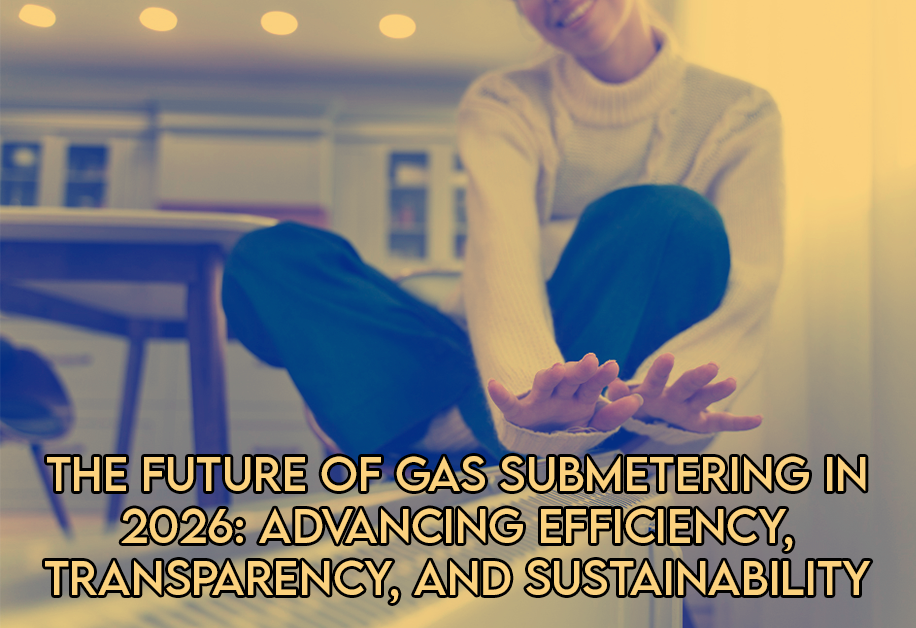
How New Construction Apartment Buildings Can Benefit from Utility Billing and Submetering Services
June 23, 2023
FAA 2023 Annual Conference & Tradeshow
August 15, 2023Can These 5 Trends Influence Global Water Planning Requirements?
Inefficient water resource management poses a significant challenge in many countries, but there are solutions available to address this issue. According to Idrica, a company specializing in water management solutions, effective monitoring and management of water aquifers, improving the efficiency of distribution systems, water reuse, utilization of non-conventional resources, early warning systems for extreme events, and citizen-oriented information systems are key solutions to consider.
The importance of technology cannot be underestimated when it comes to tackling inefficient water resource management. The World Economic Forum has identified the water crisis as a major threat to the planet. The staggering loss of up to 350 billion liters of freshwater per day due to leaks in supply networks is unsustainable. The United Nations reports that water demand is projected to increase by up to 55% between now and 2050, and approximately 40% of the global population (3.9 billion people) will experience water stress.
The inefficient management of water resources in many countries has been highlighted as a primary cause of environmental degradation, including the depletion of aquifers, reduction of river flows, degradation of wildlife habitats, and pollution. Water planning, which involves the proper management and allocation of available water resources, is playing an increasingly central role in addressing these challenges, aided by innovative technological solutions.
The World Bank recognizes the importance of technology in strengthening water security and advocates for investments in innovative technologies to enhance productivity while conserving and protecting resources. One such technology gaining traction is resource monitoring information systems.
Idrica identifies six areas that are driving efficient water resource management through sound water planning:
1. Efficient aquifer monitoring and management: Groundwater accounts for 99% of all liquid freshwater on Earth, and aquifers are crucial resources used extensively for irrigation and domestic purposes. However, growing pressure on these aquifers poses the risk of overexploitation. Comprehensive sensor networks and real-time information can enable sustainable and efficient management by monitoring water levels and quality parameters, integrating both groundwater and surface water control systems.
2. Increasing distribution system efficiency: Improving the performance of distribution systems leads to greater resource availability, enhancing water security and accessibility. This, in turn, reduces the costs associated with water distribution and treatment.
3. Reuse: Given the diminishing water resources, water reuse presents a viable alternative. It adds value to water treatment and purification processes, promotes the circular economy in the water cycle, reduces water and carbon footprints, and improves water security. Ensuring both the quantity and quality of recycled water is a challenge that needs to be addressed.
4. Use of non-conventional resources: Utilizing non-conventional resources, particularly desalination, has become a necessary trend in water planning. Although implementation and operating costs can be high, technology, such as machine learning techniques and digital twins, along with operation support systems, can mitigate these challenges by leveraging data from operating plants.
5. Information systems for water weather forecasts and warnings: Managing extreme events like droughts and floods is crucial in water planning. Effective decision-making in challenging environments requires the use of historical and real-time data analysis, employing conventional water analysis techniques, data science tools, or a combination of both to conserve and protect resources.
These trends, alongside early warning systems, security, water reuse, and process automation and optimization, are part of the water management transformation analysis presented by Idrica in their latest report, "Water Technology Trends 2023: The Impact of Innovation in the Water Sector." These solutions offer promising ways to address the challenges of inefficient water resource management and work towards a more sustainable future.





